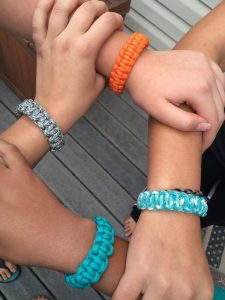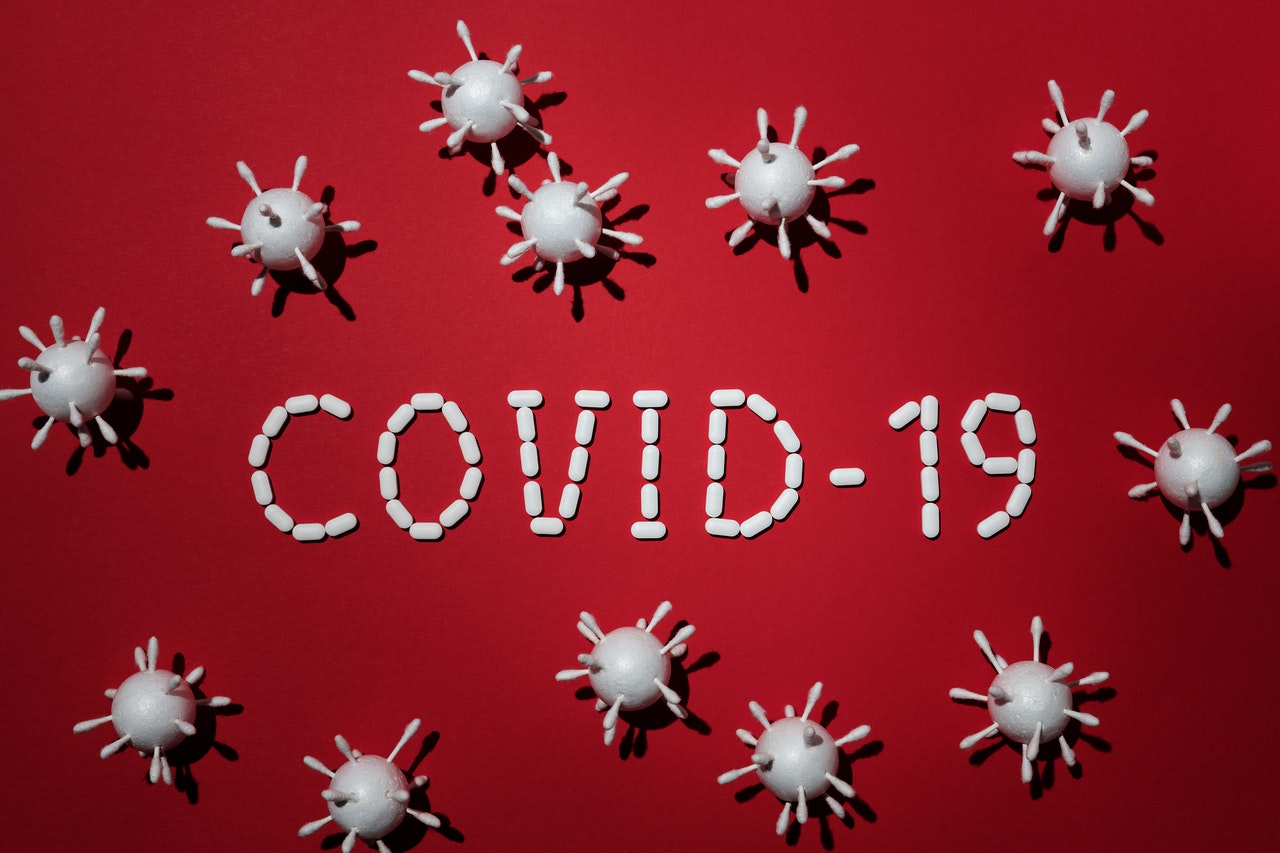What the Research Says About the Academic Power of Friendship
 Recent research has confirmed two things many teachers have long believed to be true. First, social-emotional benefits and academic ones don’t operate in isolation. Second, friendships in elementary school can be harnessed to drive academic growth.
Recent research has confirmed two things many teachers have long believed to be true. First, social-emotional benefits and academic ones don’t operate in isolation. Second, friendships in elementary school can be harnessed to drive academic growth.
Students with no friends “receive lower grades and are less academically engaged compared to those with even just one friend,” reported Jaana Juvonen, a psychology professor at UCLA, and her colleagues in a 2019 issue of the journal Educational Psychologist. This is a point that bears repeating, says Florida Atlantic University’s Brett Laursen, editor in chief of the International Journal of Behavioral Development: “There is a massive gap between being friended and friendless,” he says, and “studies that are as close to causation as you can get” show that becoming friendless produces a meaningful decline in mental health. Research has also tied friendlessness and exclusion to truancy, susceptibility to peer pressure, inability to focus, deficits in working memory, and lack of classroom participation.
How do educators both promote this type of bond and exploit its academic power?
Encouraging contact
Lack of contact obviously inhibits friendship formation. On the flip side, physical proximity can reduce negative perceptions of a peer. Teachers and administrators often don’t have control over the biggest piece of this puzzle—the makeup of their student body—but they can manipulate contact between the kids they do have.
Fostering cooperative learning
Another type of grouping shows promise for that though. By doing away with competition, cooperative learning boosts learning and decreases problematic behaviors, says Cary Roseth, chair of the Department of Counseling, Educational Psychology and Special Education at Michigan State University.
Equalizing status
Encouraging contact provides the opportunity for friendships to form, but budding connections can easily be nipped by social status asymmetry. Those who don’t conform with school norms on behavior, ability, sexuality, and even body size will be shunned without intervention, Juvonen says. Promoting a cooperative, rather than competitive, learning environment is one step toward redefining “smart” and “good” in children’s minds, but teachers can further decrease status gaps by drawing attention to hidden strengths.
Leveraging homophily
Like tends to stick with like in terms of attitudes and beliefs, but also ethnicity, socio-economic status, and gender even in an integrated classroom.
Yet friendships that bridge these divides have been associated with higher academic outcomes, and Juvonen says, “students with a greater proportion of cross-ethnic friendships reported lower vulnerability” to peer victimization. On the other hand, discriminatory experiences lead to anger, impulsivity, depression, anxiety, sleep loss, and more, all conditions that drive down academic engagement and performance.
Administrators can also consider explicit anti-bias interventions. Juvonen says a puppet program that “teaches about acceptance of various body shapes has been shown effective in reducing negative attitudes and stereotypes about larger body shapes.” Inclusive curricula can also alter social dynamics.
Making game-time calls
Students who are easily distracted may benefit from more individual work, and there’s research showing that friends do interfere with productivity in some circumstances. But if a friendless child goofs off with a peer, Laursen says, a little more leeway may be in order, since research shows that kids with at least one friend are both less likely to be bullied and less harmed by bullying. It would make sense then, to seat a child with very low social status near one who is both friendly and popular. A warm relationship with someone like that could increase classwide acceptance considerably.
Excerpted from “What the Research Says About the Academic Power of Friendship” in KQED’s MindShift. Read the full article for additional details.
Source: MindShift | What the Research Says About the Academic Power of Friendship, https://www.kqed.org/mindshift/56979/what-the-research-says-about-the-academic-power-of-friendship | © 2020 KQED INC
To schedule an evaluation or to get advice about your child’s challenges, call or email a CHC Care Manager at 650.688.3625 or careteam@chconline.org





